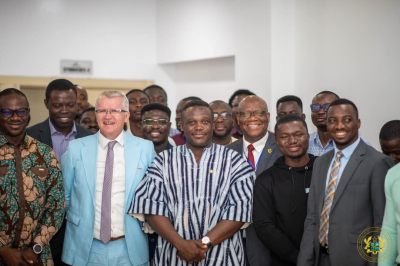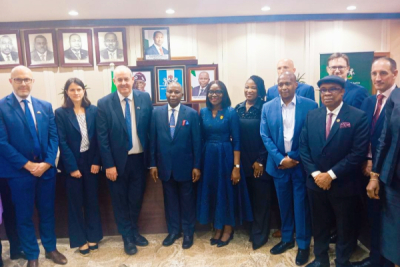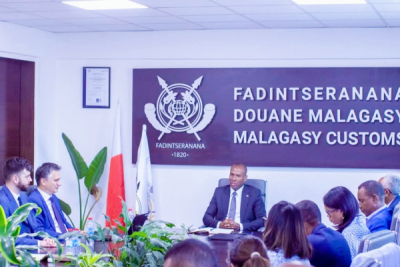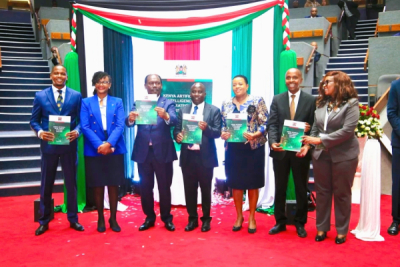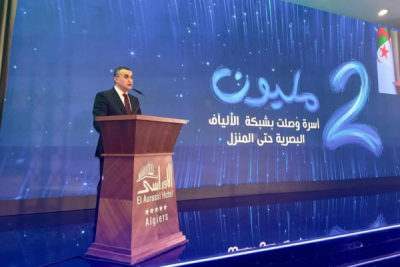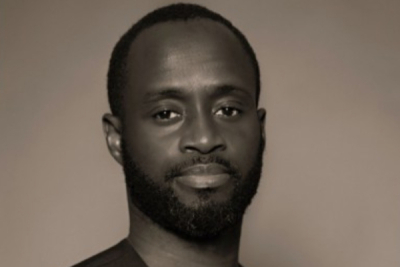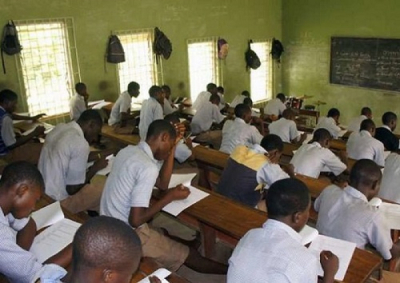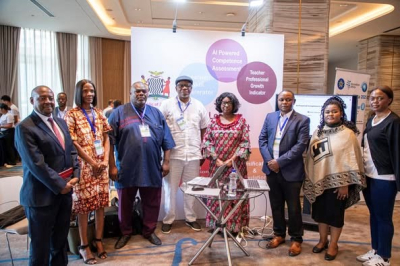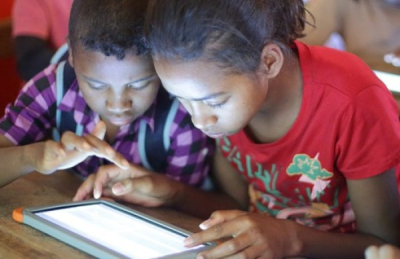- Madagascar plans to partner with Pakistan’s Beaj Education to train underqualified “FRAM teachers” using AI-supported 20-minute WhatsApp modules.
- A pilot program with content in Malagasy and French is planned, but no timeline has been announced.
The Malagasy government is exploring a partnership with Pakistani educational technology firm Beaj Education to enhance the skills of its "FRAM teachers" – community-based educators often lacking formal professional training.
The groundwork for this collaboration was established last week during a meeting in the United States at the Harvard Kennedy School. Representatives from Madagascar's Ministries of Digital Development and National Education met with Zainab Qureshi, the founder of Beaj.
The proposed project features an innovative training program built around concise, 20-minute modules delivered via WhatsApp. This program would be supported by multilingual artificial intelligence tools, including ChatGPT and Gemini. A pilot phase is in the works, with content tailored to the local context in both Malagasy and French languages. However, a specific timeline for implementation has not yet been announced.
This initiative reflects the Malagasy government's intent to harness digital technology to tackle the issue of inadequate training among "FRAM teachers." These educators are a vital component of the national education system, particularly in rural regions. A UNICEF report issued in November 2024 indicated that 64% of teachers in Madagascar's rural areas fall into this category.
"FRAM teachers tend to have lower academic qualifications [...], often holding only a lower secondary school certificate. Although the official minimum qualification required to become a teacher in Madagascar is the completion of upper secondary education, such candidates are not always available, which forces parent-teacher associations to hire underqualified candidates," the U.N. agency explained.
While AI-powered training could bolster the skills of "FRAM teachers" and elevate the quality of education, the chosen delivery method could present accessibility challenges. Accessing training via WhatsApp necessitates a smartphone and internet connectivity – resources that remain limited for a significant portion of Madagascar's population. According to the International Telecommunication Union, nearly 80% of Malagasy citizens lack internet access.
By Isaac K. Kassouwi,
Editing by Sèna D. B. de Sodjiv



